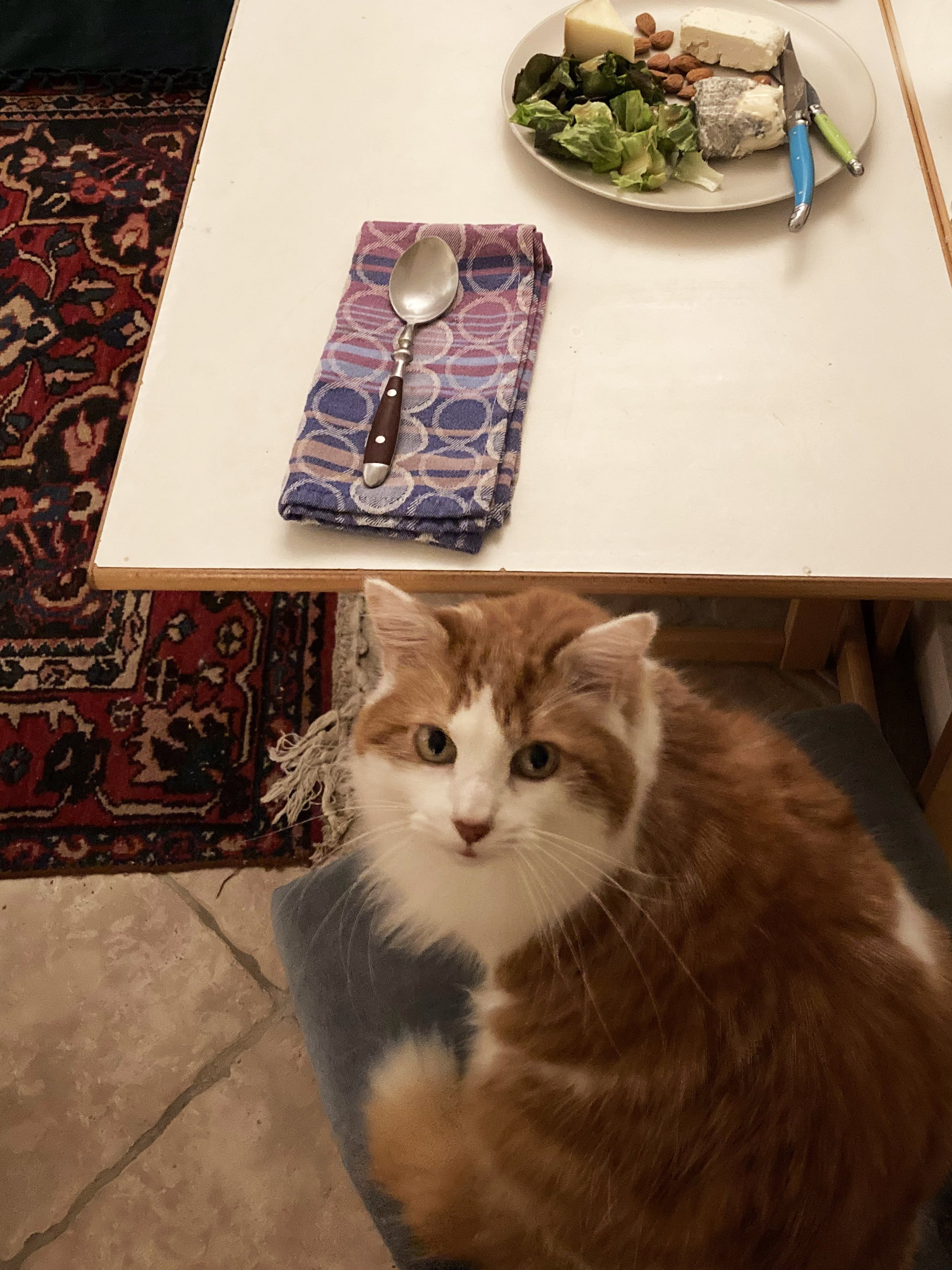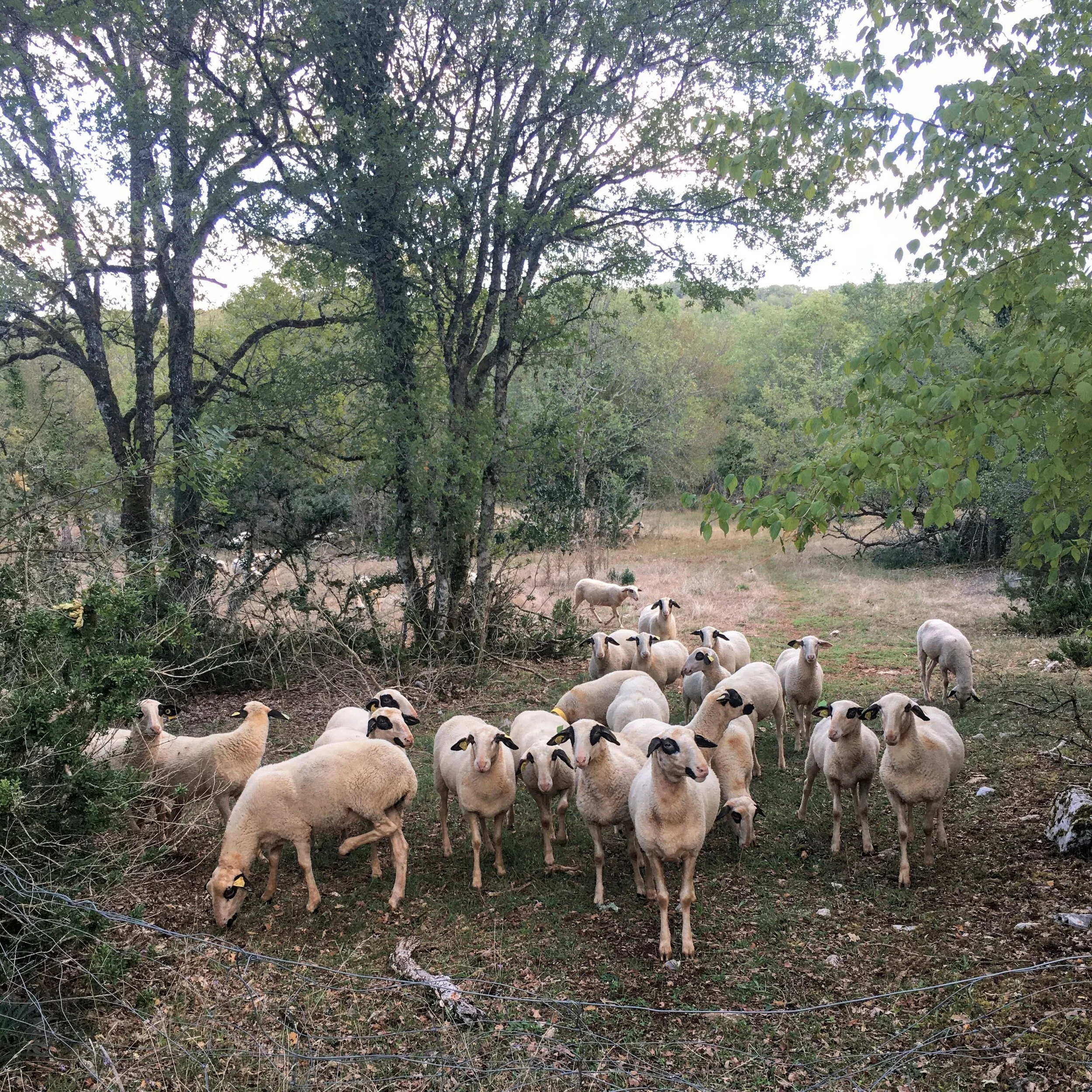How to Find a Writing Group
"My New Age friends claim that they've started groups by just 'putting it out to the universe.' Now, I love this sort of talk; I always picture the universe hearing the call, and flipping breathlessly through its little Rolodex, because these friends have all ended up in flourishing writing groups. So who's to say?”
–– Anne Lamott in Bird by Bird: Some Instruction on Writing & Life
How it started…
Back in the fall of 2019, I was one draft into my second novel and in need of help. I’d ripped down and re-written my first book many times over, and was loathe to repeat that excruciating process. Ongoing feedback would save me from the sickening revelation that I’d spent months writing in the wrong direction.
I wanted a writing group to help break the project into smaller pieces, give accountability and deadlines along the way, offer me constructive feedback, and imbue the gargantuan task of writing a novel with ease and some fun…yet I had no idea how to find one.
But first, why do you need a writing group?
You need deadlines.
You need support — a good writing group will tell you what’s working, as well as what isn’t.
Speaking of which, you need to know if you writing makes sense, is boring, or is trying too hard.
Lastly, what few people realize – editing other people’s writing will make you a better writer. (More on that later.)
How to Find a Writing Group Online
An online writing group is an easy way to meet other writers, share your work digitally (often via Google Drive), and connect from miles away. Keep in mind that you can also form a smaller group from writers whose work resonates with you. Here are a few places to look:
Eventbrite, search for “writing workshop.”
Inked Voices has dozens of groups based on genre, experience, and style (drop-in vs scheduled).
The Write Time (a donation based group run by me and Matt Jones).
Ask your writer friends if they’ve heard of anything – never underestimate the power of your network.
How to Find an In-Person Writing Group
Yes, it’s old-school, but many libraries and bookstores are home to writing groups. Here’s how to figure out what they’re offering:
Ask the librarian or check out their bulletin board for upcoming meetings.
Check their website and see what’s listed under upcoming events.
Audacious step: ask the librarian if you could start a drop-in writers group and see who shows up.
Start with a Writing Class
You’re guaranteed to find other writers who’re serious about their craft if they’ve signed up for writing classes. Just make sure to choose a topic that relates to your writing and what you’re planning on workshopping. Here are a few reputable writing organizations to check out:
Bonus Writing Group FAQs
What do I do at my first meeting?
The best approach is to audit the group and not submit your own work. This way, you can listen to how they give/receive feedback and see how it would feel to hear similar comments about your writing. Remember, not all writing groups are created equal, and it’s important that you feel safe and supported by your peers.
If you found this post helpful, subscribe to my newsletter for more writing advice and access to office hours.









